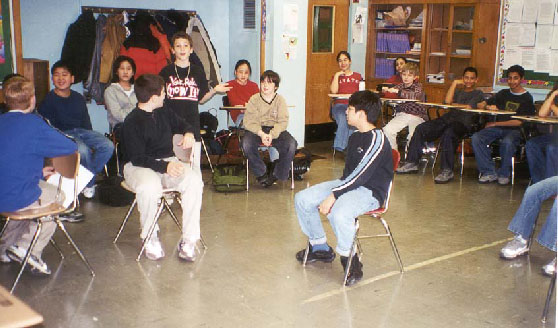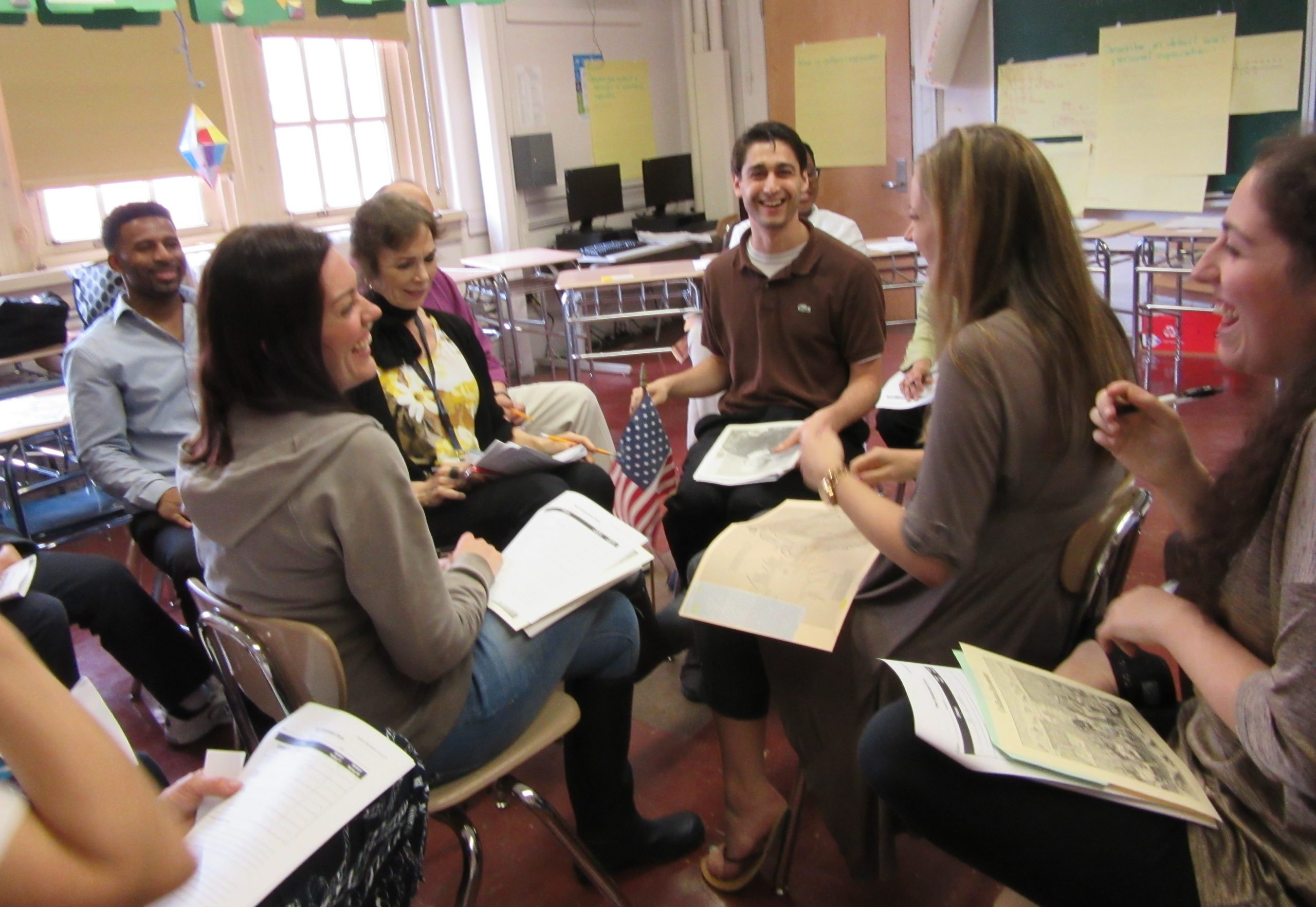Four Corners Discussion
The Four Corners Discussion was adapted from the Academic Controversy strategy (Herreid, 1996) and is built around four answer choices, each one represented in a different corner of the room. Once students make a decision to select one of the answers, they move to the corner of the room that represents that answer. In their corners, students hold a discussion about why they selected the particular answer. Students are given more information about the topic and repeat the process.Four...
Read More













